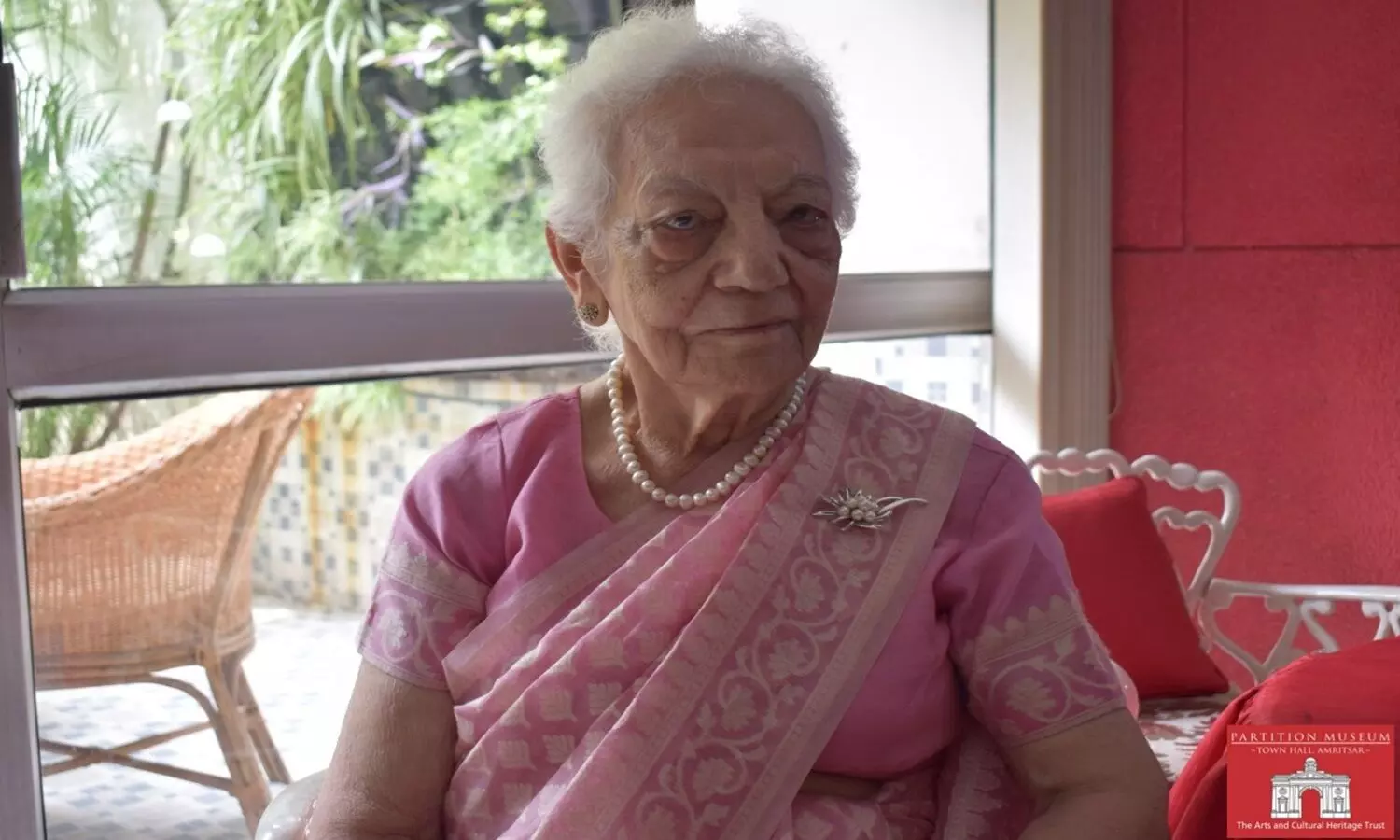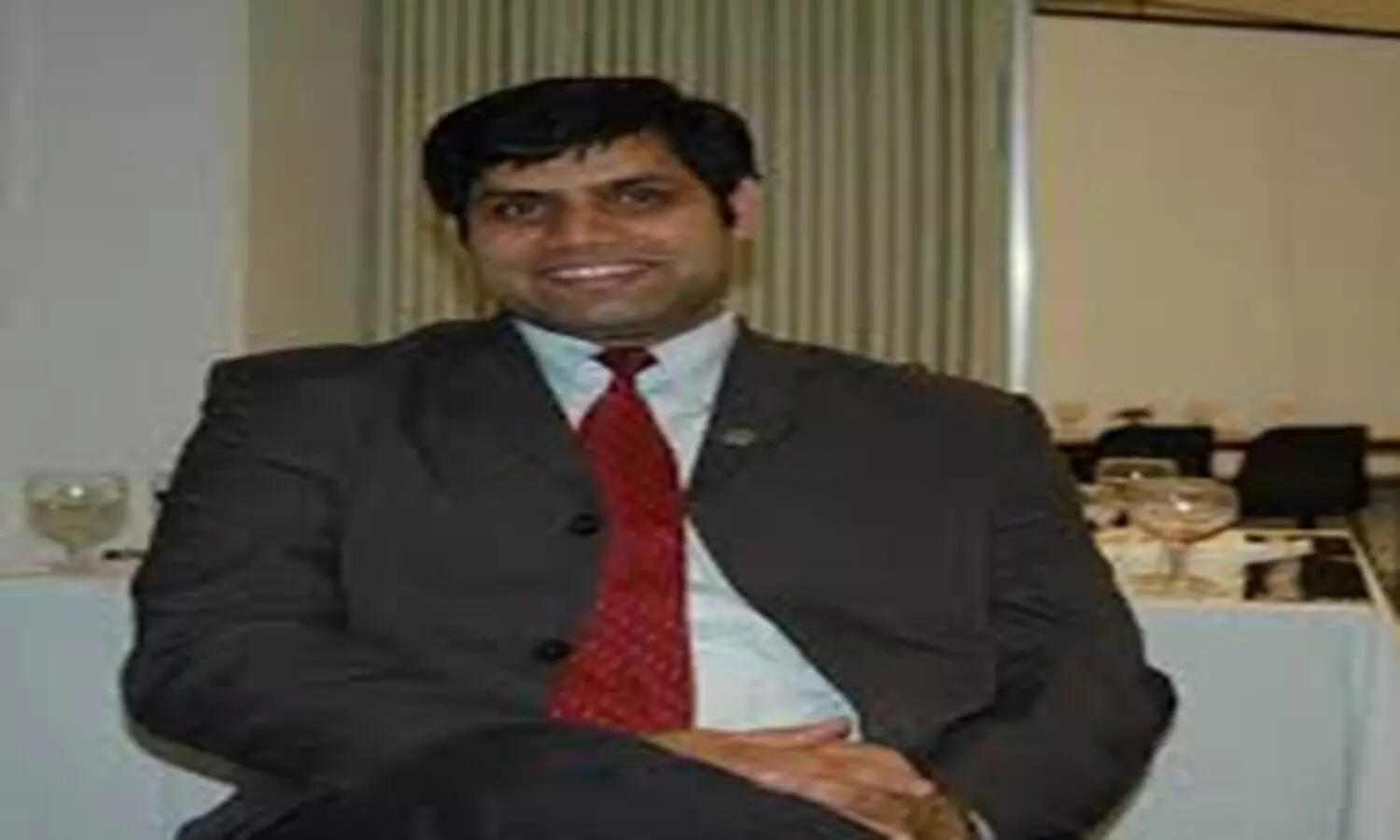Dr Sneh Bhargava- India’s first woman Radiologist, Lifelong Pioneer in Medicine

New Delhi: Dr Sneh Bhargava,
the first woman to be appointed director of the All India Institute of Medical Sciences (AIIMS), New Delhi, has served as a source of inspiration for generations of
women in medicine.
An internationally
respected figure in radiology education, Sneh Bhargava, holds the position of medical
director at Sitaram Bhartia Institute of Science and Research and also chairs the radiology department at Dharamshila Narayana Super Speciality Hospital, both located in New Delhi. She is also a professor emeritus of the Department of Radiology at All
India Institute of Medical Sciences (AIIMS), New Delhi.
The Partition Museum, in a recent post on a social media platform, shared Dr Sneh Bhargava’s extraordinary life journey. Born in 1930 in Ferozepur, she has been through a remarkable
journey: migrating from Jhelum to the Indian side of the border, and later
becoming India’s first woman radiologist, Director and Professor Emeritus of
the All India Institute of Medical Sciences. Dr Sneh Bhargava,
then a young woman, used to go to the refugee camp along with her father and
was responsible for disinfecting the camp area and looking after the food
requirements. She believes that “Independence Day in 1947 was not a celebration
but a migration.”
New Delhi, and completed her fellowship in diagnostic radiology at Westminster
Medical School (now the Imperial College School of Medicine), London. She
returned to India with a DMRD awarded from the Royal College of Physicians and
Surgeons.
Dr. Bhargava joined AIIMS
as an assistant professor and later became professor and chair of the
Department of Radiology. She was involved in the development of the
department’s post-graduate medical school program, in which she worked to set
standards for radiology education throughout India. She also advocated for the
first CT scanner and ultrasound for AIIMS, which created new avenues of medical
assistance for local patients as well as patients from Nepal, Bangladesh, and
Sri Lanka.
as chair of the hospital board of directors. Over her 30-year career at AIIMS,
she helped establish the departments of neuroradiology, cardiovascular
radiology, oncoradiology, pediatric radiology, and interventional radiology. She
also established the Medical Education and Technology Center at AIIMS, designed
to offer medical students information about learning to teach in medicine.
She was also part of the team that established The National Medical
Journal of India.
Association (IRIA) and has served as chair of several committees for the
Medical Council of India. She has received numerous lifetime achievement awards, including the Millennium Award 2000 from IRIA. She also received the Padma
Shri, one of the highest civilian awards in India, for her distinguished
contributions to medicine. An international lecturer on radiology education,
Dr. Bhargava works with institutions throughout the world to help establish
post-graduate medical programs. “Dr. Bhargava is a true pioneer with an
unrelenting zeal for learning,” RSNA President Vijay M. Rao, MD, said. “Her
tenure at AIIMS has left an undeniable mark on medicine as she trained and
mentored generations of radiologists.”
with many others from her extraordinary journey, is now captured in her
recently released autobiography, The Woman Who Ran AIIMS. The memoir
offers an intimate look into the life and times of a pioneering doctor,
shedding light on her personal and professional struggles, as well as the
milestones she reached despite numerous odds. Her appointment marked a historic moment, but the memory of her first day in the role is tied not only to personal achievement but also to a national tragedy that is Indira Gandhi was assassinated, making it a deeply emotional flashpoint in her life.
Dr. Bhargava was
appointed director by then-Prime Minister Indira Gandhi—a move that was seen as
bold and transformative. However, she faced immediate scepticism and gender
bias, with many doubting her ability solely based on her gender. A social media
post claimed that she faced sexist whispers that “a woman could not possibly
handle the task.”


